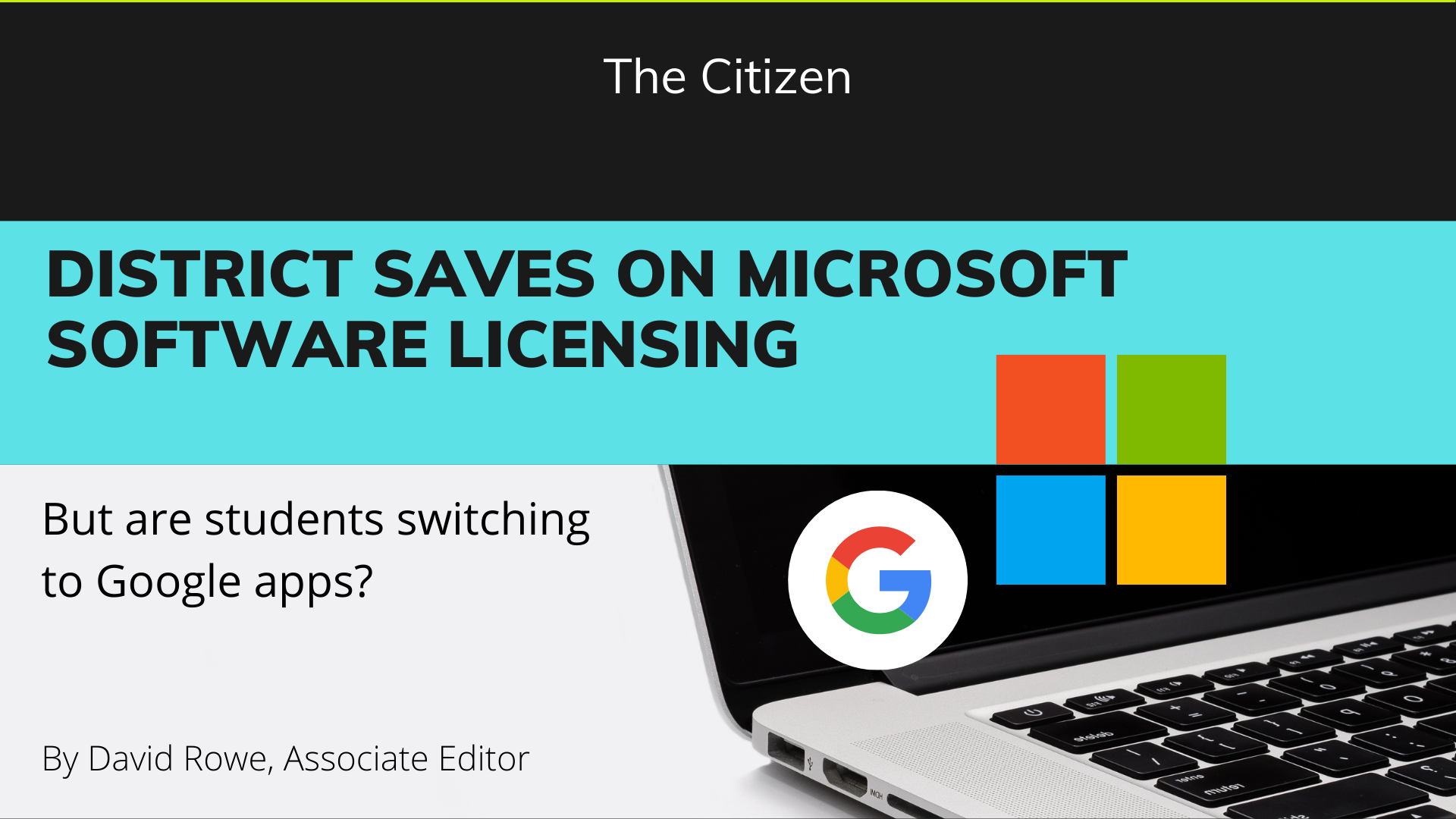While costs for everything seem to be increasing these days, the Peralta Community College District (PCCD) board of trustees learned at its October 12 meeting that the district’s licensing fee for Microsoft software will be dramatically lower this year.
Antoine Mehouelley, the district’s Chief of Information Technology, advised the board that the licensing cost for such Microsoft apps as Word, Excel, and PowerPoint will be $210,243 this year compared to last year’s figure of $432,718. That represents a saving of $222,475 or 51%. The license will provide access to Microsoft apps for all Perlata students, faculty, and staff.
Despite the good news about the savings, the motion triggered questions from Trustee Kevin Jenkins and Student Trustee Micah Cooper regarding competitive bids from other vendors. Interim Chancellor Jannett Jackson explained the contract had been purchased through an organization called the Foundation for California Community Colleges (FCCC). The FCCC negotiated a “master agreement” with Microsoft on behalf of all 115 California community colleges through its CollegeBuys program, according to Jackson. This resulted in lower pricing than Peralta could achieve on its own. Peralta also purchased its widely-used Canvas software license through the FCCC. Cooper suggested that the motion be deferred while other services were considered but the board approved it by a vote of 7-0.
In addition to the Microsoft Office apps, the licensing fee covers Exchange Online, Windows Desktop & Servers, Active Directory, SharePoint, and SQL Server. It also covers Microsoft Power BI (Business Intelligence) which is used by the district research teams to create analytics and reports. The district is in the second year of a four year agreement.
Mehouelley attributed the savings to Peralta’s decision to move to the Oracle Cloud as part of the PeopleSoft upgrade. Hosting had previously been provided on the Microsoft Azure platform, which increased the annual licensing cost.
While Microsoft is clearly the leading platform in the business world, it has been losing share to Google in the education market. “Google has steadily taken over the ed-tech market with its super-cheap Chromebooks and user-friendly education management software” according to a November 2018 article in BusinessInsider. The article cited data from research firm Futuresource that Google’s share of the education market increased from just 5% in 2012 to 58% in 2017. Meanwhile, over that same five- year period, Microsoft’s share of the education market decreased by 21 percentage points.

The FCCC currently does not work with Google, according to Jorge J.C. Sales, its Vice President of Program Development. In an email to The Citizen, Mr. Sales said that while “the program does not currently have negotiated pricing for Google Workspace” his team plans to investigate it. Sales observed that Microsoft is the “industry standard” but acknowledged that students entering community colleges “are more receptive and/or trained through Google resources.”
According to Mehouelley, the district conducted a study in 2012 comparing the offerings of Microsoft and Google. Based largely on the FCCC discount, the district decided to go with Microsoft. “One of the benefits to Microsoft,” Mehouelley explained in an email to The Citizen, “was that the licenses covered instructional use as well as business and administrative use and provided 65,000 free licenses for student use.”
In a follow-up email to The Citizen, Cooper wrote “I definitely think Google would have made the most sense for exactly the point that it seems to be the most accessible and widely used by students. I think this was a matter of age and self-serving of what the highest level (and eldest) professionals of our district are most comfortable with already. Rather than what is most accessible for all, including other staff and faculty.”
Updated on October 26, 2021 with comment from Student Trustee Micah Cooper



























